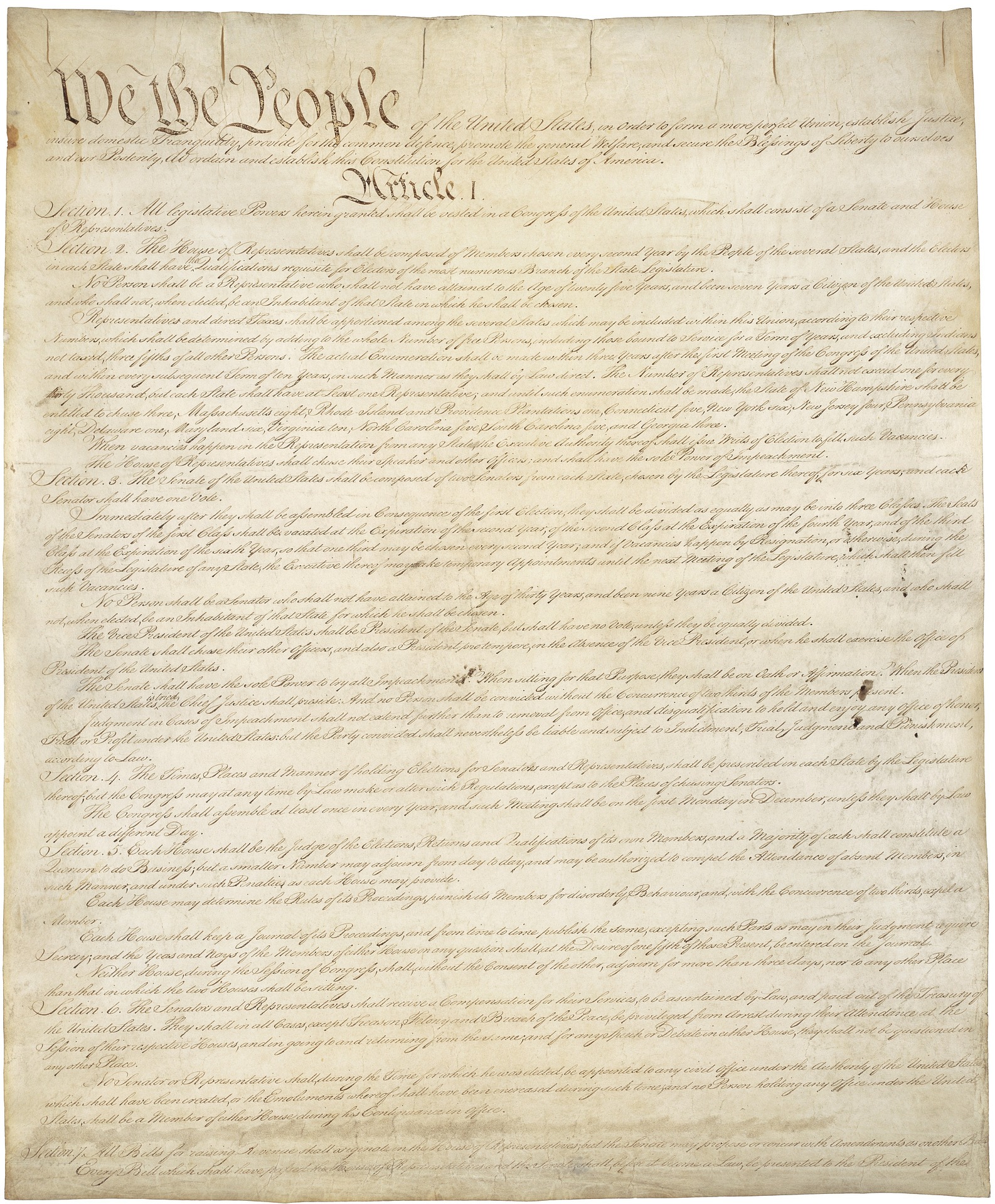Texas LTC laws refer to the regulations and requirements surrounding the possession and carrying of a handgun in the state of Texas. LTC stands for License to Carry, which is the official term for a concealed handgun license in Texas. Please note that while I can provide general information, it’s always important to refer to the official Texas statutes and consult legal professionals or the relevant authorities for specific and up-to-date information. Here are some key points regarding Texas LTC laws as of my knowledge cutoff in September 2021:
1. License to Carry: In Texas, individuals who wish to carry a handgun in public, either openly or concealed, must obtain a License to Carry (LTC). The LTC is issued by the Texas Department of Public Safety (DPS) to qualified applicants who meet the necessary criteria.
2. Eligibility Requirements: To be eligible for an LTC in Texas, applicants must be at least 18 years old, be a legal resident of Texas, have no felony convictions, and meet other specific requirements outlined in the Texas statutes.
3. Application Process: Applicants must complete the necessary paperwork, submit fingerprints for a background check, undergo a background investigation, and pass a training course approved by the DPS. The training typically covers topics such as firearm safety, laws regarding use of force, and nonviolent dispute resolution.
4. Open Carry vs. Concealed Carry: Texas allows for both open carry and concealed carry of handguns. However, it’s important to note that open carry requires an LTC, whereas concealed carry may be permissible without a license on private property under certain circumstances. To carry a handgun in a vehicle, whether openly or concealed, an LTC is required.
5. Restricted Locations: Texas law prohibits carrying handguns in certain locations, including schools, polling places on election day, government buildings, secure areas of airports, and private property where carrying is expressly prohibited. Private property owners have the right to restrict or permit the carrying of firearms on their premises.
6. Campus Carry: Texas allows individuals with an LTC to carry concealed handguns on public university and college campuses, subject to certain restrictions and campus-specific regulations.
7. Reciprocity: Texas has reciprocity agreements with several other states, recognizing their concealed carry permits. This means that holders of a valid out-of-state permit from one of these states may be allowed to carry concealed handguns in Texas, subject to Texas laws and restrictions.
It’s important to stay updated with the latest Texas statutes and consult legal professionals or official sources like the Texas DPS for the most accurate and current information regarding LTC laws in the state.
Texas LTC Laws


